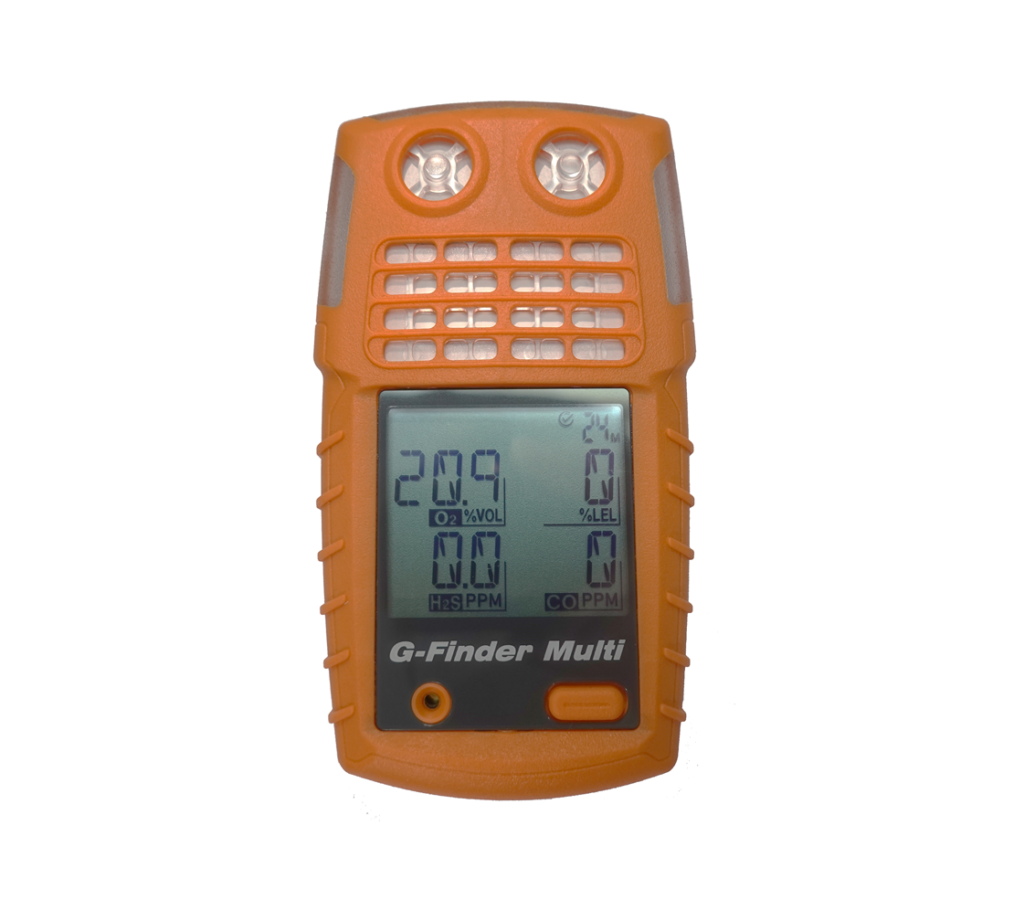
G-Finder Multi
Based on the information you've provided, you're looking for
a gas detection system that is accurate, convenient, and includes Bluetooth 5.0
capability. Here's how you can arrange such a system:
Product Feature
1. Research Manufacturers and Suppliers:
- Start by
researching manufacturers and suppliers of gas detection systems that offer
Bluetooth 5.0 connectivity and meet your accuracy and convenience requirements.
2. Contact Manufacturers or Suppliers:
- Reach out to
these manufacturers or suppliers and inquire about their products that meet
your criteria. Provide them with the specific features you need: real-time gas
detection and display, periodic bump test cycle notification, regular
calibration period notification, a 2-year warranty without the need for battery
and sensor replacement, and one-button operation. Mention your requirement for
Bluetooth 5.0 as well.
3. Request Quotations:
- Request
quotations for the gas detection system that best fits your needs. Ensure that
the warranty terms are clearly outlined in the quotation.
4. Demo and Evaluation:
- If possible,
arrange for a product demonstration to verify that the system is easy to
operate and meets your accuracy requirements for real-time gas detection.
5. Choose the Right Product:
- Evaluate the
options and choose the product that aligns with your requirements and budget.
6. Installation and Training:
- Coordinate the
installation of the system and ensure that your team receives proper training
on its operation and maintenance.
7. Implementation:
- Deploy the gas
detection system in your desired environment.
8. Regular Maintenance:
- Follow the
manufacturer's guidelines for calibration and maintenance to maintain the
system's accuracy.
9. Bluetooth Connectivity:
- Ensure that the
gas detection system has Bluetooth 5.0 capability and is properly configured to
connect with compatible devices for data transfer and remote monitoring.
Product Appication
By following these steps, you can arrange a gas detection
system that meets your accuracy, convenience, and connectivity requirements.
Working closely with the manufacturer or supplier is essential to ensure that
the system aligns with your specific needs and safety standards in your
industry.



